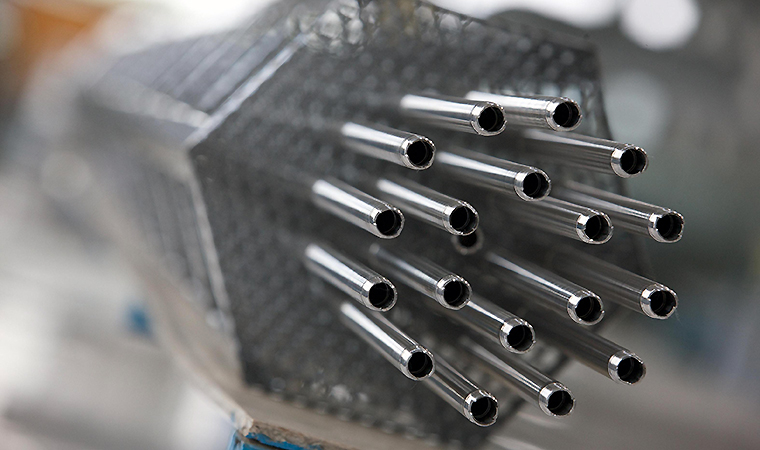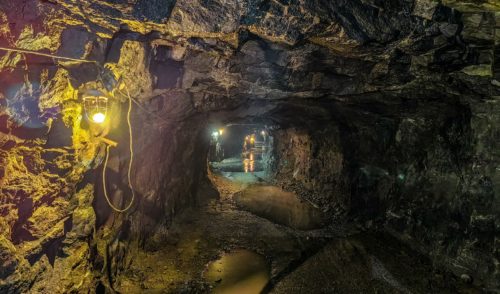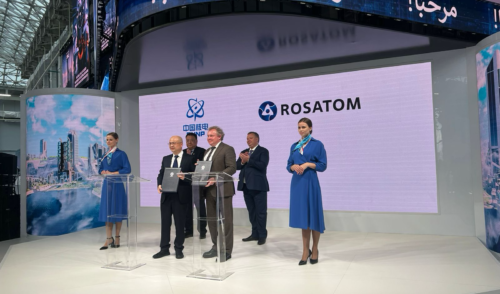
The Fuel Supply is agreed
back to contentsSeveral western media published about one week ago the information that the European Commission has supposedly blocked the power engineering contract between Hungary and Russia regarding construction of two Paks NPP power units. Financial Times newspaper, referring to unidentified sources, has informed that Euroatom refused to confirm the Russia-Hungary transaction clause “on the use of nuclear fuel of exclusively Russian fabrication”. And the European Commission has supposedly put a veto for the transaction after this.
This information was denied both in Hungary and in the European Union. Atilla Asodi, authorized by the government of Hungary on plant extension, has informed that Euroatom really had questions on the Russia-Hungary agreement, but it does not mean at all that the project’s future is under the threat. “Currently a favorable arrangement crystallizes for Hungary and the EU concerning the fuel matter of Paks NPP-2. Positions of the parties are very close, a very favorable arrangement will be concluded, which will consider the following issues: technical, economic and matters connected with reliability of deliveries. It is possible that the European Commission will have comments not only concerning the fuel, but other matters as well. Hungary will always be ready to the dialogue, since it intends to implement the project in strict compliance with the EU rules,” underlined Asodi.
And now this arrangement has been settled. “All obstacles connected with the contract on fuel delivery for Paksi NPP-2 have been overcome,” said Janos Lázár, the Minister of Prime Minister’s Office of Hungary after his negotiations with Miguel Elias Caneti, the EU Commissioner on climatic and power issues.
“Remarks of the European Commission were accepted by Hungary. We are dealing with the subject on the contract of fuel delivery to preserve the capacity of the Paks NPP according to the Finnish model,” underlined Lázár.
He also pointed out that Hungary will provide the opportunity to the Russian party to supply fuel to Paks NPP-2 reactors to be built for ten years. According to the Hungarian minister, this decision “is completely comprehensible to the Russian party as well.”
Janos Lázár also stated that Minister of State of the Prime Minister’s Office Balázs Sonkodi held negotiations with the Euratom Supply Agency (ESA) in Luxembourg on Tuesday. During this the parties have succeeded in resolving all open issues and in initialling the agreement, said Lázár.
Mr. Lázár said they had agreed with Miguel Elias Caneti, the Commissioner, that the European Commission will shortly close the fuel case. Hungarian Minister underlined that this agreement with the EU is very important, because last January Brussels accepted the Hungarian-Russian agreement with the requirement on Paks NPP subject to reservation: it shall correspond to the European right in the field of the government support and the competition law. “We have succeeded in finding a solution with the help of which Hungary wins and the EU law also comes to effect”, Mr. Lázár said.
Janos Lázár confirmed that the government of Hungary would sue the British paper Financial Times for the information about EU blocking Paks NPP extension. “If this solution is accepted by the European Commission, that is live refutation of the newspaper’s information”, the Minister stated.
Paks NPP was constructed by the Soviet experts and commissioned in 1982. This is the only NPP in the country, it has four power units and generates almost half of all energy in Hungary. At the end of 2014 the Russian Federation and Hungary signed documents on construction of the fifth and sixth units with the Russian technology VVER-1200 reactors. Rosatom will not only supply and mount the equipment, but will also maintain it and supply fuel for the plant. Russia will also provide Hungary with the loan of up to 10 billion euro for this project.




